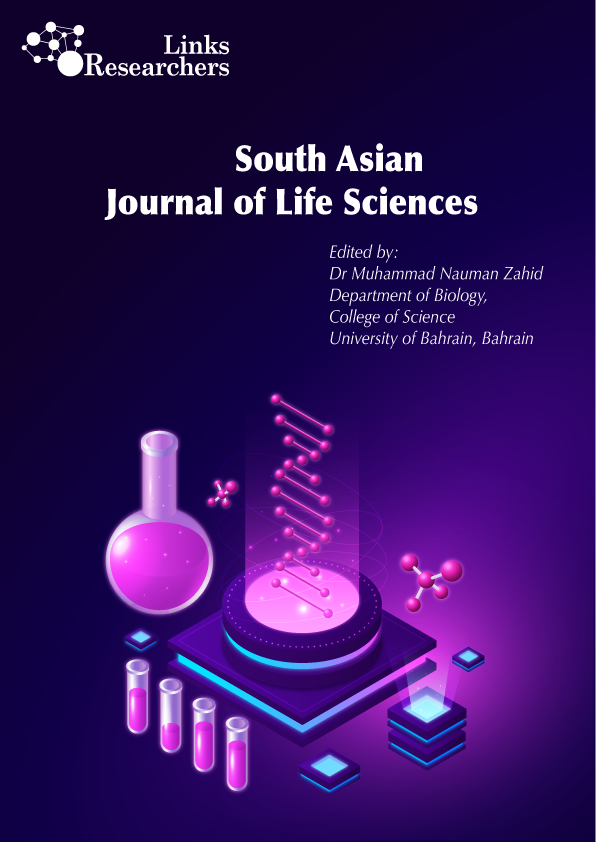Fabrication of Nanocomposite Membrane with Nanomaterial Filler for Desalination
Fabrication of Nanocomposite Membrane with Nanomaterial Filler for Desalination
Zahraa M. Mahdi
ABSTRACT
The desalination which has been improved by membrane technologies is a more important method for the recovery of water these days. The study covers the preparation of new generation nanocomposite membranes with nano-modifiers of the membrane structure to improve the desalination process. The introduction explains the consolation of desalination technologies, specifically the need for efficient membranes. The fabrication techniques portrayed are the elemental blending and multilayer deposition wherein there is highly emphasized information on making polyaniline-based cation exchange nanoporous membranes that use polyvinyl chloride. Some nano fillers such as carbon nanotubes, graphene oxide, and metal-organic frameworks are investigated for their viability in desalination as alternatives to traditional surface membranes. These polymeric batteries are suitable for some applications because they demonstrate the combination of increased water permeability with reduced salt rejection properties. The paper also focuses on the use of characterisation methods such as SEM, XRD as well as FT-IR for analyzing and understanding the structural and functional properties of the nano-composite membranes. Concerns like the production of the fouling membrane and resistance troublesome conditions are dealt with, yielding a detailed view of the limits in this field. This paper is summarized with future applications of nanocomposite membranes in enhancing the processes of forward osmosis, wastewater treatment, and solar desalination. The main conclusion is that such membranes will provide a promising future for water purification processes.
To share on other social networks, click on any share button. What are these?





